Russia-led alliance to hold massive military exercises on Afghan border
A Russia-led military alliance plans to hold large army drills in October in Tajikistan, near the border of Taliban-held Afghanistan, where the humanitarian situation has been described by the United Nations as alarming.
In a statement on Thursday, Stanislav Zas, the chief of the Moscow-led Collective Security Treaty Organization (CSTO), announced the news, saying that the bloc would hold a number of “large scale exercises” in the ex-Soviet country.
Of the six member-states of the intergovernmental military alliance, Tajikistan is the only country that shares a common border – some 1,357 kilometers - with Afghanistan to the south.
Zas added that the series of drills would include “our largest exercise this year” and that the bloc had taken “collective measures” to ensure Tajikistan's security in case of an “aggravation” on its border with Afghanistan.
In a joint statement, the CSTO which is headquartered in Moscow, said that it was alarmed by the deterioration of security in Afghanistan.
The government of Afghanistan collapsed on August 15 and president Ashraf Ghani fled the country in the face of the lightning advances of the Taliban militant group that followed US President Joe Biden’s decision to withdraw the American troops in a disastrous pullout.
On September 7, the Taliban announced the formation of a caretaker government in Afghanistan, where hunger and poverty has significantly increased during the past month.
Zas’s comments came just a day after Russian Foreign Minister Sergei Lavrov put the Taliban on notice, saying that Moscow was monitoring the group's fulfillment of promises to prevent radical groups, including the Daesh terrorist group, from carrying out attacks against Afghanistan's neighbors.
Moscow has increased military exercises in Central Asia in the past few months since the Taliban commenced a series of lightning offensives that led to the fall of Kabul.
Apart from CSTO members Kyrgyzstan and Tajikistan, Russia has also held joint military drills with Uzbekistan, a former member state of the Eurasian alliance that shares a 144-kilometer border with Afghanistan.
The Taliban first ruled Afghanistan from 1996 to 2001 until the United States invaded the country and toppled its government in 2001 on the pretext of fighting terrorism following the September 11 attacks in the US.
Taliban deny deputy PM, Mullah Baradar, is dead
Separately on Thursday, Taliban spokesman Suhail Shaheen said rejected claims that Mullah Abdul Ghani Baradar, who was appointed as the deputy prime minister last week, had been killed or injured in clashes.
“He says it is lies and totally baseless,” Shaheen quoted Baradar as saying.
The denial came after days of rumors that Baradar had been killed in a shootout with rivals, namely with supporters of Sirajuddin Haqqani, head of the infamous Haqqani network, whose base is near the border with Pakistan. The network is a faction within the Taliban.
The Taliban have repeatedly rejected speculations about internal divisions.
Haqqani, who has been appointed as the Taliban government’s interior minister, is on the FBI’s “most wanted” list and has a $10 million bounty on his head.
Baradar, once regarded as the likely head of a Taliban government, had not been publicly seen for some time and was not part of the ministerial delegation which met with Qatari Foreign Minister Sheikh Mohammed bin Abdulrahman Al Thani in Kabul on Sunday.
In a bid to refute such rumors, the Taliban also issued video footage allegedly showing Baradar at meetings in the southern city of Kandahar.
Baradar, who is a co-founder of the Taliban, was jailed in Pakistan in 2010 and freed in 2018 to lead the group’s political office in the Qatari capital Doha. Last month, he returned to Afghanistan after a 20-year absence.
UN envoy meets Taliban’s interior minister wanted by US
Additionally, Deborah Lyons, head of the UN mission in Afghanistan, on Thursday met with Haqqani in Kabul, Shaheen said, adding that that the pair focused on humanitarian assistance to Afghanistan.
“(Haqqani) stressed that UN personnel can conduct their work without any hurdle and deliver vital aid to the Afghan people,” the Taliban spokesman said.
Even before the Taliban’s takeover of the country, over 18 million Afghans required urgent humanitarian assistance. The persisting conflict and violence also internally displaced more than 3.5 million people, including some 630,000 uprooted during 2021.
The Taliban first ruled Afghanistan from 1996 to 2001 until the United States invaded the country and toppled the Taliban-run government in 2001 on the pretext of fighting terrorism following the September 11 attacks in the US.
VIDEO | 85% of Yemeni displaced people face daily hunger crisis
US House passes bill targeting charities and pro-Palestine groups
VIDEO | Supporting Gaza genocide
Hezbollah attacks Israeli forces after Lebanese homes blown up
World leaders, states hail ICC arrest warrants for Netanyahu, Gallant
MP: US accountable for possible Israeli 'foolishness' to attack Iraq
VIDEO | Israeli policies strangle Palestinian agriculture, economy
Iran's president offers condolences to Pakistan over terrorist attack


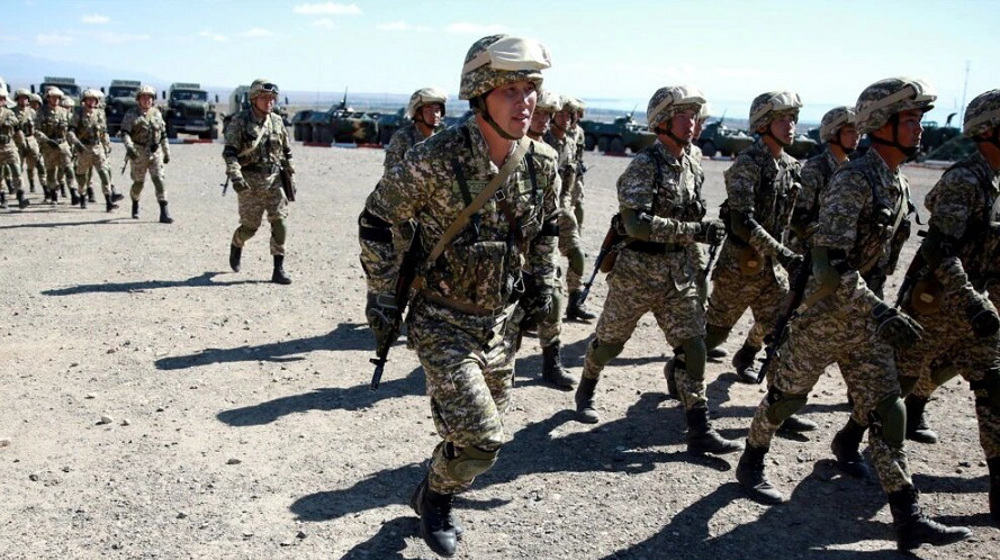
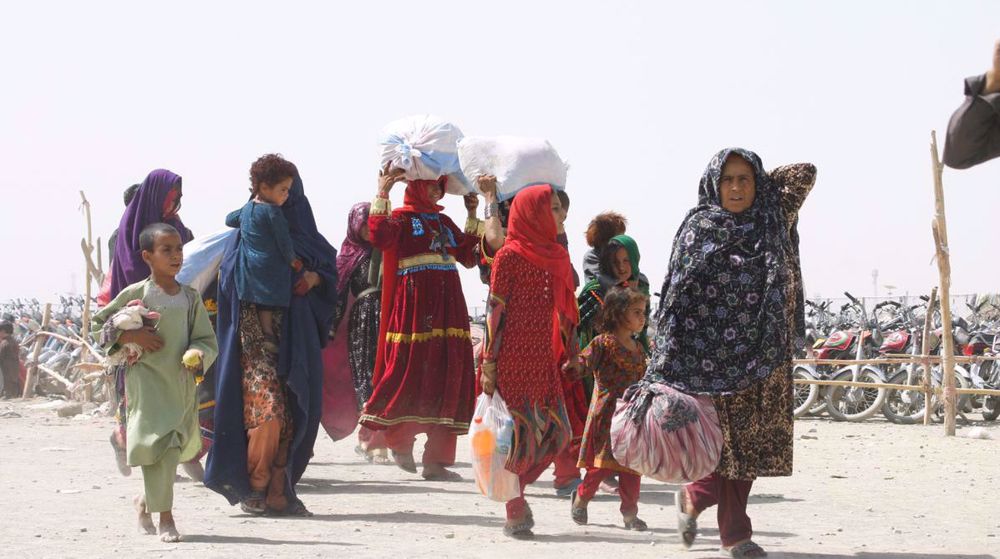
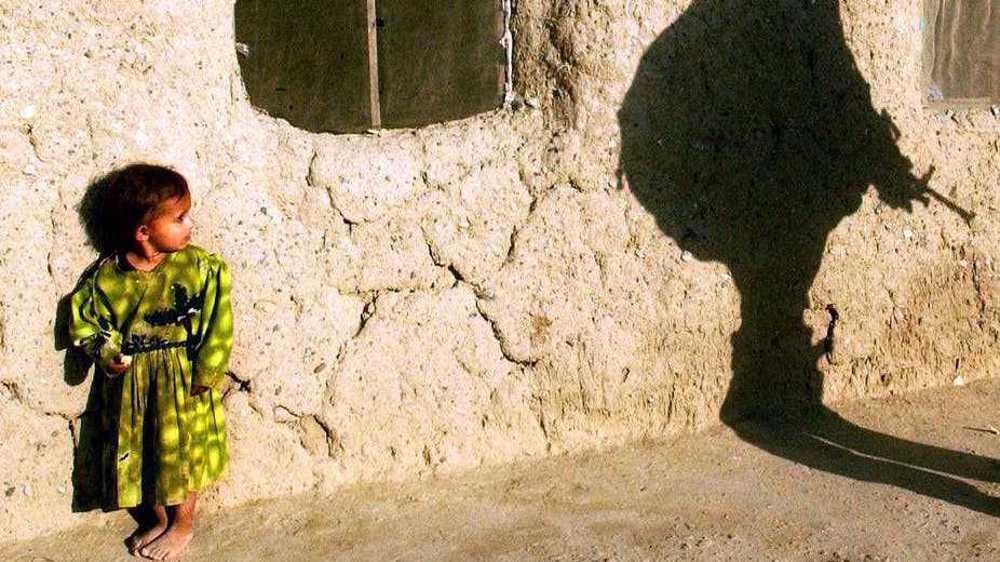
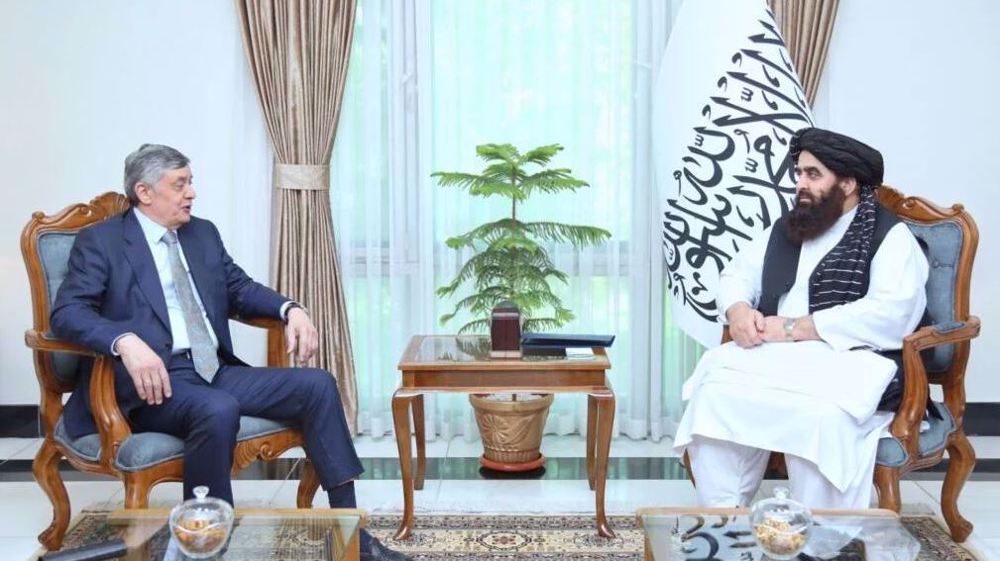
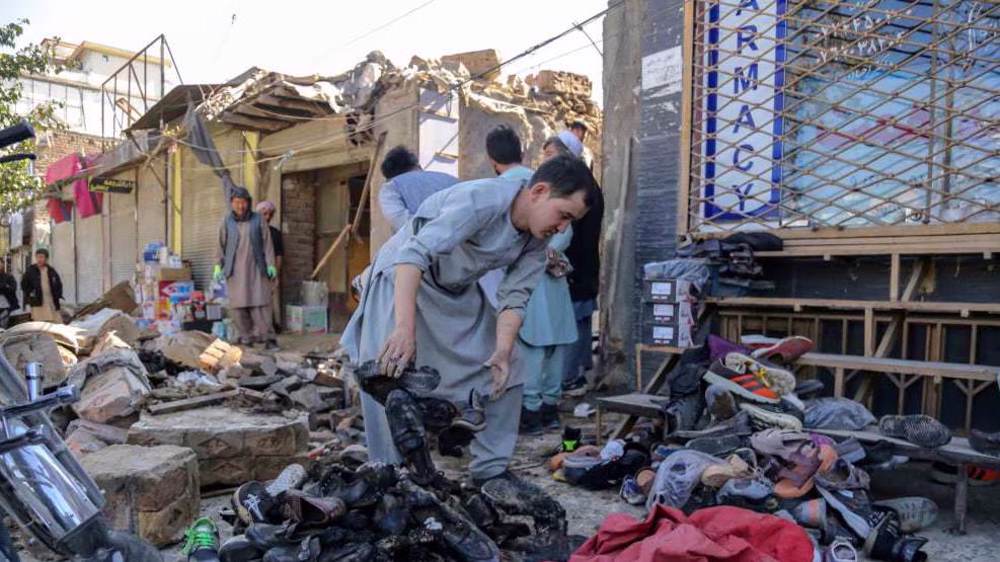
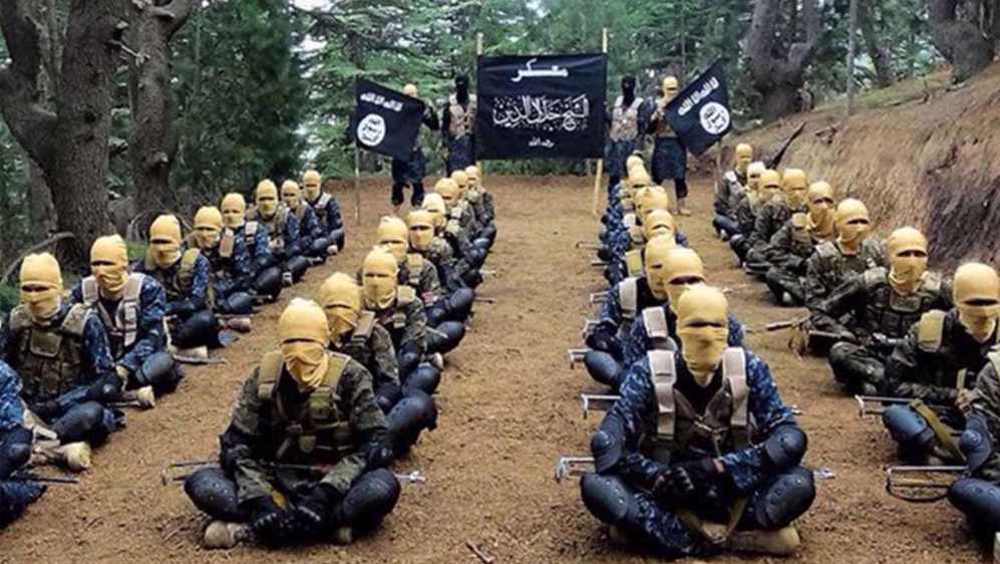



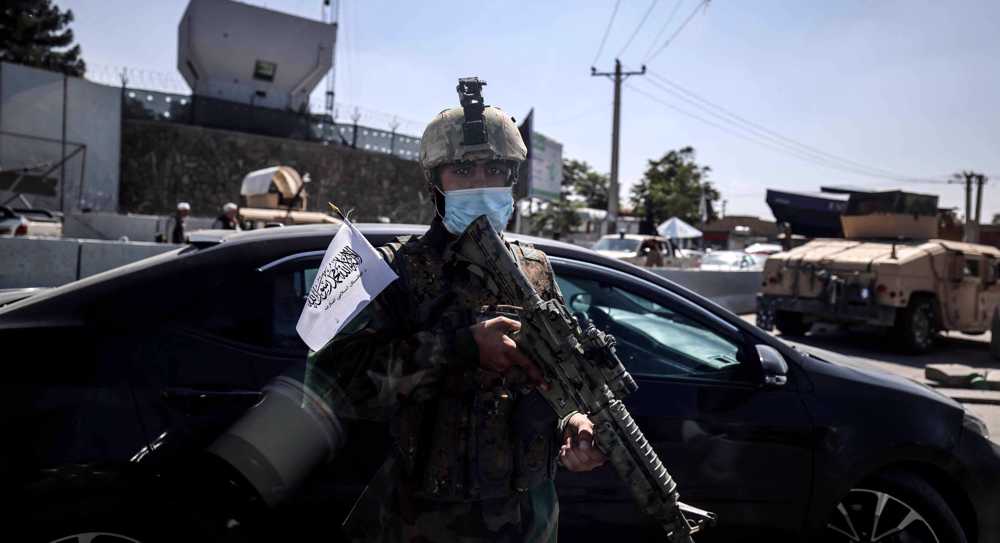

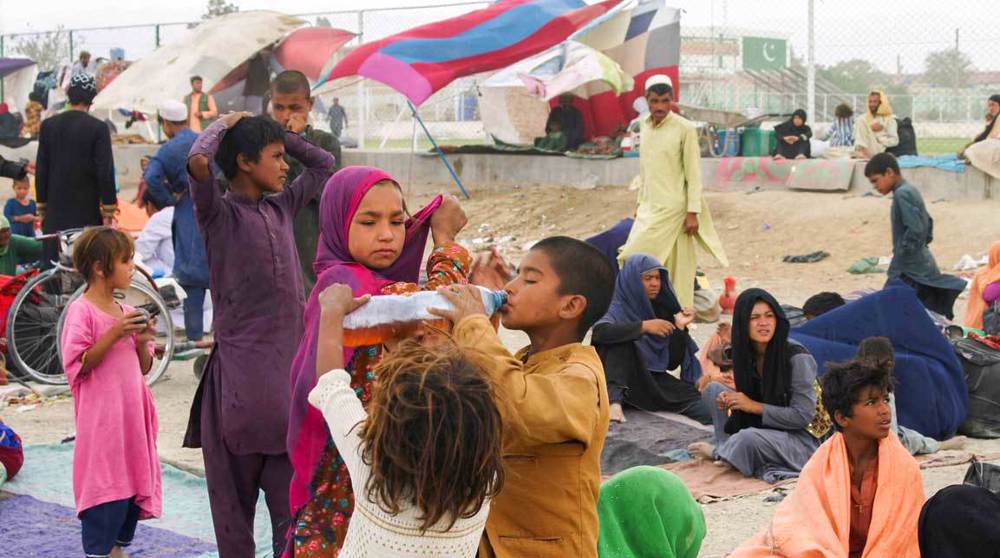

 This makes it easy to access the Press TV website
This makes it easy to access the Press TV website